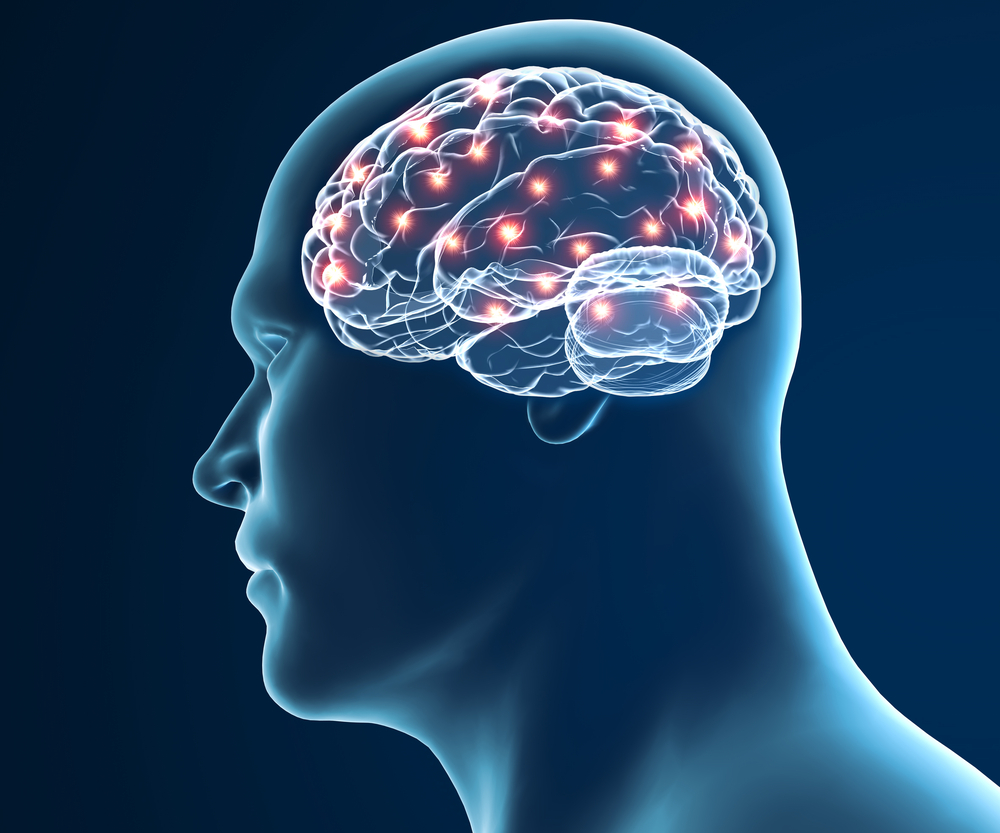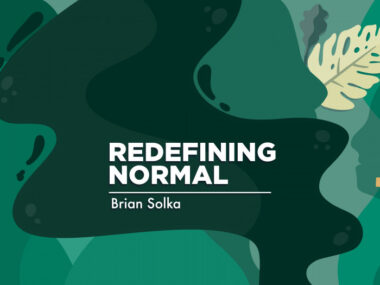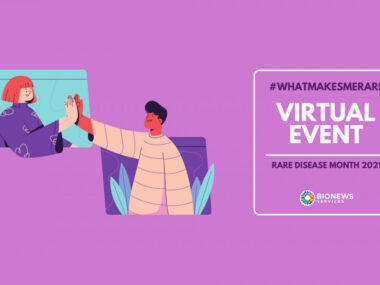Inovelon/Banzel Seen to Treat LGS Seizures Without Hindering Cognition
Written by |

The add-on anti-seizure therapy Inovelon (rufinamide) shows good tolerability, with one year of treatment not affecting cognitive abilities, adaptive skills, or behavior in children and adults with Lennox-Gastaut syndrome (LGS), a study from Italy reported.
The study, “Cognitive, adaptive, and behavioral effects of adjunctive rufinamide in Lennox–Gastaut syndrome: A prospective observational clinical study,” was published in the journal Epilepsy & Behaviour.
Cognitive impairment is a hallmark of LGS, usually identified at the time of diagnosis in children, and can become more severe in established cases. These cognitive deficits seem to be related to the persistence of seizures and the age of onset.
Seizures in LGS patients are typically treated with various anti-seizure medications, some of which have been shown to cause further cognitive difficulties, including problems with attention and memory, that become apparent weeks or months after beginning treatment.
Inovelon is an add-on (adjunctive), oral anti-seizure therapy approved in Europe — and in the U.S. under the brand name Banzel — to treat LGS patients ages 1 and older. Both are marketed by Eisai.
How exactly Inovelon works to control seizures is still unknown. It is thought to suppress the activity of sodium channels in nerve cells in a way that distinguishes it from other anti-seizure medications.
A single three-month study found that Inovelon’s active ingredient rufinamide did not impact cognitive function. However, no studies have measured the therapy’s impact on cognitive abilities with medium- and long-term use by LGS patients.
A team of researchers at the University of Salerno, in Italy, used standardized tests to assess cognition in people with LGS after 12 months of Inovelon treatment.
“We aimed to assess the impact of RFM [rufinamide] add-on therapy in this fragile population,” the researchers wrote.
Their study included seven females and nine males, between the ages of 7 and 58, who were able to undergo testing and had uncontrolled seizures with current (other) treatments. Half of this group, or eight of these 16 patients, were adults.
Patients were assessed during routine clinic visits at six and 12 months after starting with Inovelon. A seizure diary was completed daily by the patient’s parent or caregivers, reporting the number and type of seizures.
At the study’s beginning (baseline measures), patients underwent a standardized cognitive (neuropsychological) test. Their parents completed a standardized interview (with caregivers) and self-reported questionnaire evaluating each person’s intellectual, adaptive, and behavioral functioning. Cognitive evaluation was performed again after 12 months.
At month 12, the mean Inovelon dose was 766.67 mg/day, with no changes in concurrent anti-seizure medications. While no participant went seizure-free, 81.3% of these patients responded to treatment. Specifically, five (31.3%) had seizure reductions between 75% and 90%, eight reported a 50% to 75% reduction in seizures, and two patients had less than a 50% decrease.
While one patient stopped using Inovelon after two months due to dizziness, no other serious adverse effects were reported.
The Leiter International Performance Scale-Revised (LEITER-R) was used to measure nonverbal intellectual functioning by measuring aspects of attention, cognition, and memory. Scores below 70 indicate cognitive impairment.
LEITER-R test results at baseline showed three patients had normal cognitive abilities (score greater than 85), five had lower cognitive function (70 to 85), one with mild intellectual disability (between 55 to 69), and seven had a moderate intellectual disability (36 to 54).
After 12 months of treatment, no statistically significant differences in LEITER-R scores were seen or any statistically significant correlation between seizure reduction and LEITER-R scores.
The Vineland Adaptive Behavior Scale (VABS) was used as a standardized interview to measure individuals’ personal and social skills from birth through adulthood, typically conducted with parents or caregivers. The Child Behavior Checklist (CBCL) is a self-reported questionnaire for parents to assess emotional and behavioral aspects of children and adolescents.
Again, after 12 months of Inovelon treatment, no statistically significant differences in VABS or CBCL scores were evident and no correlation between the seizure reduction and the scores was found.
“Our study showed that adjunctive [Inovelon] therapy did not negatively impact cognitive functions, adaptive skills, and emotional/behavioral problems in children and adults with LGS after 12-months of treatment, suggesting a good tolerability profile even in a fragile population,” the researchers wrote.
“Randomized controlled trials are needed to confirm these results,” they added.


